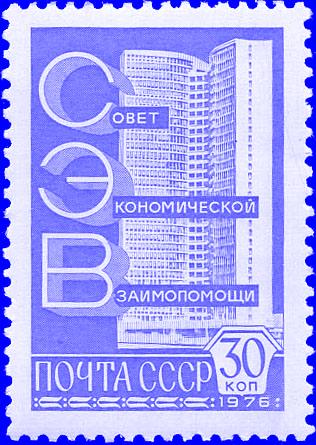Topic
Comecon and the Global Economic Order
This section examines the European Comecon states’ economic relations to countries of the Global South, East-European companies’ operations in the European and global transportation markets as well as the political and scientific efforts to alter the global economic order.

Comecon in an Asymmetric Global Economic Order
The Council for Mutual Economic Assistance (Comecon) was founded in 1949 as an organisation of Europe’s socialist states. It expanded to include extra-European states (Mongolia, Cuba, Vietnam) in the 1960s and 1970s. Comecon’s internal objectives stretched from supporting the national industrialisation strategies of less-developed countries and organising a systematic division of labour between the participating national economies to initiating joint investment projects—primarily to secure the supply of raw materials and fuel. Yet its intended construction of an optimally integrated economic sphere, or even an autonomous »global socialist economy«, did not succeed. The balances of power and force of the global Cold War as well as the rules and institutions of the capitalist world market determined the economic relations of eastern Europe. This research focuses on the reactions to the Global South (transregional approach), the activities companies of the Comecon states conducted on the European and global transportation markets (sectoral case study) as well as the political and scientific efforts to change the global economic order (politic-economic perspective).

